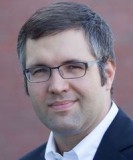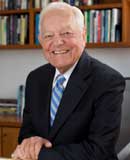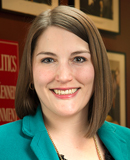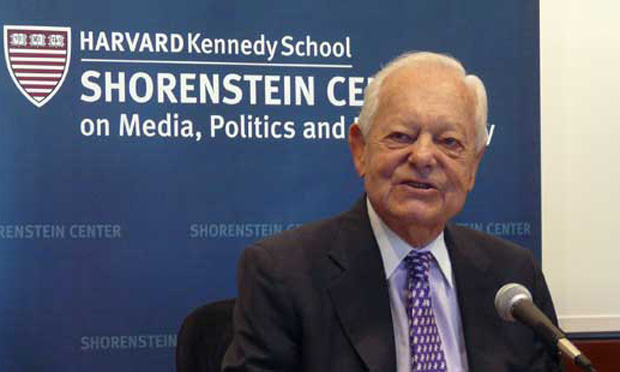Harvard’s Shorenstein Center on Media, Politics and Public Policy hosts a weekly speaker series throughout the academic year, as well as other special events. The spring 2016 semester featured several prominent journalists and practitioners, who discussed some of today’s most pressing topics.
The following are highlights from the spring semester. You also can subscribe to the iTunes feed to hear these and future audio podcasts.
Media Business
 Nicco Mele: “The future of journalism is small, scrappy enterprises that are entrepreneurial, that are innovative, that are trying things.”
Nicco Mele: “The future of journalism is small, scrappy enterprises that are entrepreneurial, that are innovative, that are trying things.”
Nicco Mele, recently named the new director of the Shorenstein Center, discussed the future and feasibility of various news outlet business models. He described a deepening crisis in the newspaper industry: although some outlets are seeing the largest online audiences they have ever had, revenue is still shrinking. What is clear is that diversity in revenue streams and experimentation will be an essential part of the way forward. Read more and listen to audio.
Election 2016 and Media Coverage
 Bob Schieffer:”We’re having a campaign cycle where, many times, attitude seems to count more to the supporters of a particular candidate than facts.”
Bob Schieffer:”We’re having a campaign cycle where, many times, attitude seems to count more to the supporters of a particular candidate than facts.”
Bob Schieffer, Walter Shorenstein Media and Democracy Fellow, veteran CBS reporter, and former moderator of”Face the Nation,” discussed the media’s performance in covering the 2016 election and Donald Trump’s campaign. Trump has an “innate ability” to refocus the media’s narrative and change the subject, said Schieffer, although after such extensive exposure, the media is now starting to ask more follow-up questions, revealing the candidate’s weaknesses. He also discussed the problems that both parties face looking ahead to the conventions and the general election. Read more and listen to audio.
 Shira Center: “It’s notable for how much Trump bashes us, how willing he is to get on the phone and call any kind of show.”
Shira Center: “It’s notable for how much Trump bashes us, how willing he is to get on the phone and call any kind of show.”
Shira Center, political editor for The Boston Globe, discussed Trump’s relationship with the media and the challenges of covering a frontrunner whose supporters often distrust mainstream news outlets. She also analyzed how the media misjudged Trump’s initial surge in popularity, and the opportunities for more “deep dive” coverage of the candidate. Read more and listen to audio.
Policy
 Jo Becker: On Hillary Clinton and Libya: “It can tell you a little bit about how she would act as president.”
Jo Becker: On Hillary Clinton and Libya: “It can tell you a little bit about how she would act as president.”
Jo Becker, investigative reporter for The New York Times, analyzed Hillary Clinton’s role in the U.S. intervention in Libya, which she argued, ultimately contributed to destabilization in the region. Becker says that Clinton’s foreign policy approach is guided by the belief that “America not only can be a force for good in parts of the world like this, but needs to be.” Read more and listen to audio.
 Sarah Kliff: “It’s very easy to live in two different worlds where Obamacare is a completely different law.”
Sarah Kliff: “It’s very easy to live in two different worlds where Obamacare is a completely different law.”
Sarah Kliff, deputy managing editor for visuals at Vox, explained how polarized media coverage of the Affordable Care Act contributes to the divide in public opinion about whether the law has been beneficial or harmful. She also discussed what’s next for health care policy, the 2016 candidates’ positions, and Vox’s approach to covering policy. Read more and listen to audio.
Supreme Court
 Linda Greenhouse: “I’m deeply concerned about the consequences of the politicization of the court.”
Linda Greenhouse: “I’m deeply concerned about the consequences of the politicization of the court.”
Linda Greenhouse, longtime New York Times Supreme Court reporter, argued that the Roberts Court has allowed itself to “become a tool of partisan warfare.” Meanwhile, the Republican refusal to even meet with Merrick Garland is “truly unprecedented.” She also reflected upon the legacy of the late Justice Scalia. Read more and listen to audio.


Expert Commentary